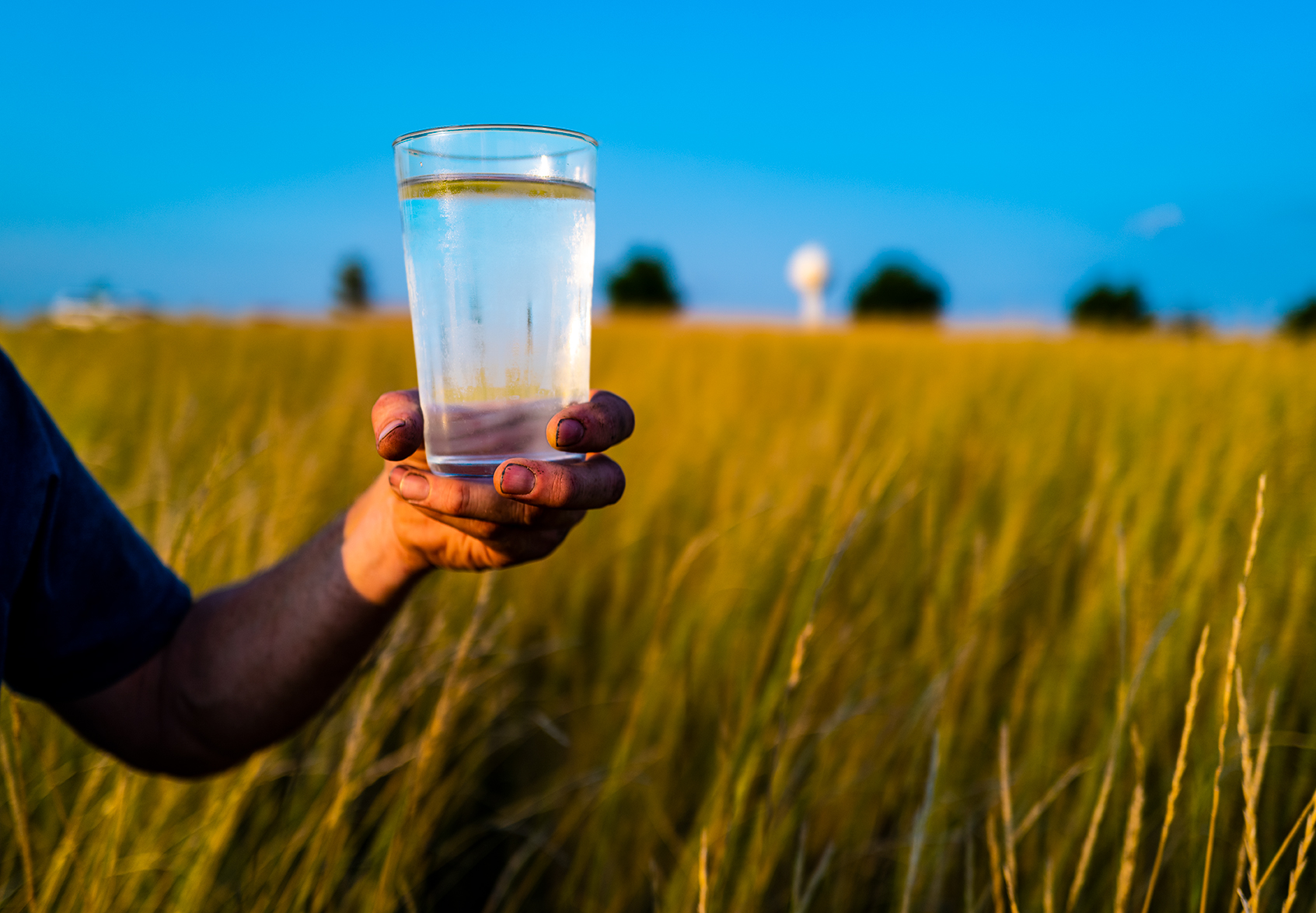FMR joins environmental group's petition for clean drinking water in SE Minnesota

Farming practices can significantly affect drinking water. (Photo by Dodd Demas)
Nitrate levels in private and public wells are endangering drinking water for southeastern Minnesotans.
When enough nitrate from fertilizer or manure leaches into the groundwater, drinking water becomes unsafe, posing a major risk to human health. In Minnesota, rural cities and towns surrounded by conventional crop agriculture and concentrated animal feeding operations are faced with contaminated wells — an expensive and dangerous problem.
Organizations and agencies, including FMR, have worked to increase groundwater protection from nitrate pollution over the years. But southeast Minnesota remains threatened, partly due to the geology of the ground itself. Now, we're petitioning the U.S. Environmental Protection Agency (EPA) to take action under the federal Safe Drinking Water Act.
Minnesota Center for Environmental Advocacy is leading the charge. Other supporting organizations include: Environmental Working Group, the Minnesota Well Owners Organization, the Center for Food Safety, Clean Up the River Environment, Food & Water Watch, Land Stewardship Project, Minnesota Division Izaak Walton League of America, Minnesota Trout Unlimited and Public Health Law Center.
Read the full petition sent to the EPA in April and the writeup in the Star Tribune.
Interested in signing on? Check out MCEA's petition for individuals.
Become a River Guardian
Sign up and we'll email you when important river issues arise. We make it quick and easy to contact decision-makers. River Guardians are also invited to special social hours and other events about legislative and metro river corridor issues.